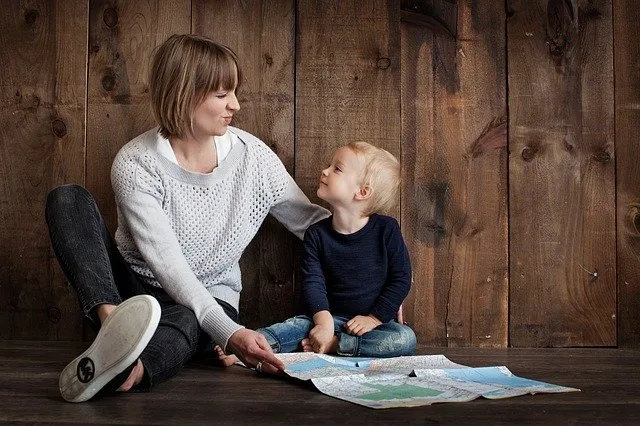
Motivation is the underlying reason that moves an individual to act or not do something, according to research published by Pearson Education. It involves a variety of previously related personal perceptions, values, beliefs, interests and actions. In other words, children are individuals and what motivates one child might not work with another. What is motivating to a young child will likely be what motivates him later in life as the stability of this relationship becomes stronger with age. Parents often find themselves searching for healthful ways to shape their children’s behavior through motivation.
Behaviorist Motivation
Theorists including Pavlov, Watson and B.F. Skinner shared the belief that the implications of positive reinforcement, or rewards for behaviors, result in the repetition of those behaviors. On the flip side, negative reinforcement, or an undesirable consequence, results in behaviors being decreased.
Cognitive Behavior Modification
This theory of motivation recognizes that when children are given more control, the result is self-maintenance of learning behaviors over time. Children are then able to transfer learned behaviors into new experiences with independence. When parents allow children to take responsibility for their own behavior and goals, they learn to govern themselves, a skill that will benefit them throughout life.
Contemporary Motivation
According to the theory of contemporary motivation, when a parent asks his child to do something, such as clean his room, he will question his ability to do it. The child's attitude will be influenced by self-efficacy, or the faith he has in his ability to complete a task. The child will ask himself whether he wants to do it and why, evaluating his incentives for cleaning his room. Next he will consider what he has to do to complete the task and evaluate it based on similar experiences, drawing on those results as motivation. Children with a higher sense of self-efficacy are more motivated and successful at tasks.
Locus of Control
This theory of locus of control supports the idea that autonomy is a basic psychological need. Children need to be motivated and feel in control of their own failures and successes. People have different thresholds of fulfillment of autonomy, so the levels of motivation vary, too. When children feel they have an active role in the outcome of their actions, they are motivated to self-govern themselves.
Results of Motivation
Motivation affects children’s behavior in several ways, including fostering the development of skills needed for college and the work force. It is also closely related to development of critical thinking skills, including the ability to analyze, use inductive and deductive reasoning, make judgments and decisions, and solve problems. Motivating children’s behavior can have lifelong academic, psychological and social effects.
Reference:
Motivation: A Literature Review
Source of shared Link
